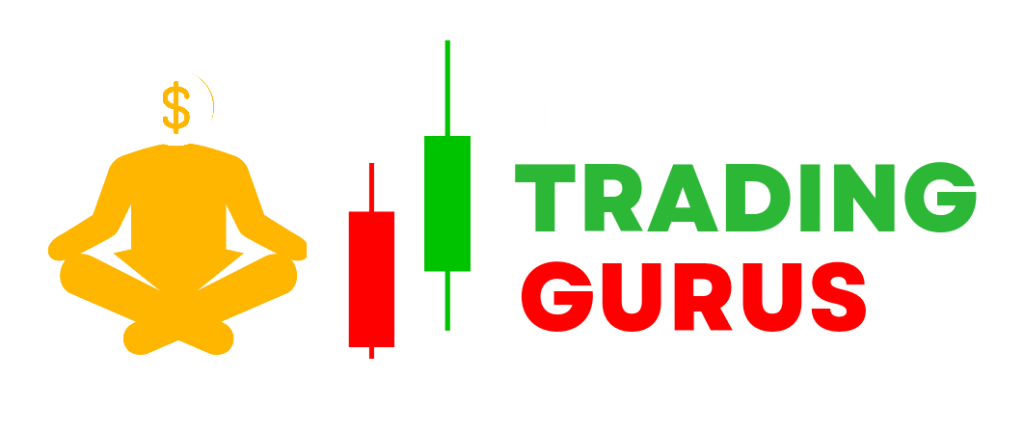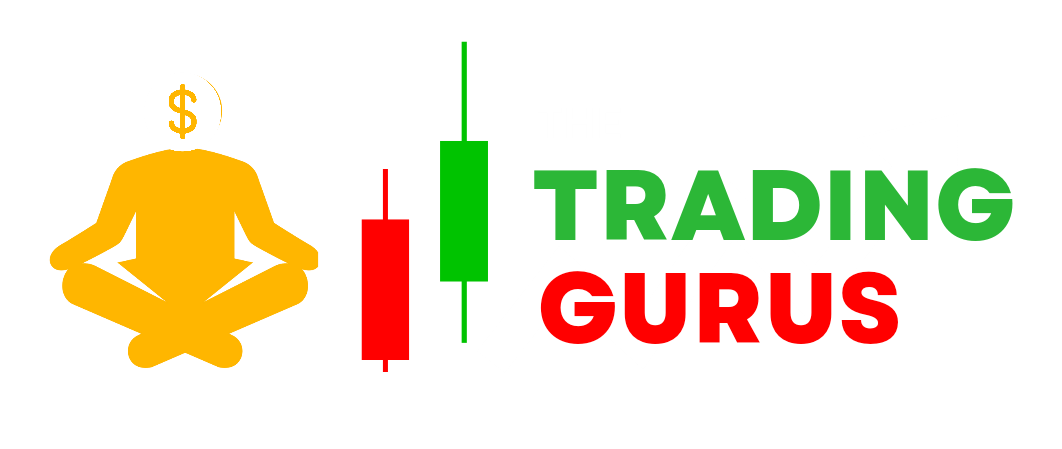Enhancing Trading Psychology and Risk Management for Improved Trading Performance

Introduction
Successful trading goes beyond technical analysis and strategy. It also requires a strong trading psychology and effective risk management. Developing the right mindset and approach is crucial for consistent profitability in the dynamic world of trading. In this article, we will explore practical strategies to improve your trading psychology and risk management techniques. By addressing these areas, you can enhance your decision-making process, manage emotions effectively, and ultimately become a more disciplined and successful trader. contact now to get trading guide on risk management and emotional management
Understanding Your Trading Psychology
Recognizing and understanding your individual trading psychology is the first step towards improvement. Assess your strengths, weaknesses, and behavioral patterns that may impact your trading decisions. Identify common emotional triggers such as fear, greed, and impatience, and be mindful of how they can influence your actions in the market.
Cultivating discipline and patience helping trading Psychology and Risk Management
Discipline and patience are essential virtues for successful trading. Develop a trading plan and stick to it consistently. Avoid impulsive trades or deviating from your strategy based on short-term market fluctuations. Cultivate patience to wait for high-probability setups and avoid overtrading. Remember that not every market condition is suitable for trading, and it’s okay to stay on the sidelines when there are no clear opportunities.
Practicing Effective Risk Management
Proper risk management is critical for long-term success. Set a maximum risk per trade and ensure it aligns with your overall risk tolerance. Use stop-loss orders to limit potential losses and protect your capital. Consider implementing position sizing techniques such as the fixed fractional method or the Kelly criterion to manage your risk effectively.
Managing Emotions and Stress
Emotions can significantly impact trading decisions. Learn to manage stress and keep emotions in check during trading. Practice techniques such as deep breathing, meditation, or taking breaks to reduce stress levels. Develop a mindset that embraces losses as part of the trading journey and avoid letting them negatively affect future trades. Focus on the process rather than the outcome and detach your self-worth from individual trades.
Learning from Mistakes and Adapting of trading Psychology and Risk Management
Mistakes are inevitable in trading, but it’s crucial to learn from them and adapt your approach. Regularly review your trades and identify patterns of success and failure. Analyze your decision-making process and identify areas for improvement. Keep a trading journal to track your progress, note your observations, and document lessons learned.
Seeking Continuous Education
Continuing education is vital for ongoing growth as a trader. Stay updated on market trends, economic news, and new trading strategies. Read books, attend webinars, and engage with trading communities to expand your knowledge. Surround yourself with like-minded individuals who can provide support and valuable insights.
Setting Realistic Expectations of trading Psychology and Risk Management
Maintaining realistic expectations is essential for a healthy trading mindset. Understand that trading is not a get-rich-quick scheme and that consistent profitability takes time and effort. Avoid chasing unrealistic returns or comparing yourself to others. Instead, focus on personal growth, incremental progress, and developing a long-term perspective.
Conclusion
Improving your trading psychology and risk management practices is crucial for long-term success in the trading arena. By understanding your trading psychology, cultivating discipline and patience, practicing effective risk management, managing emotions, learning from mistakes, seeking continuous education, and setting realistic expectations, you can develop the mindset and skills necessary for consistent profitability. Remember, trading is a journey that requires continuous improvement and a commitment to personal growth. With dedication and the right approach, you can become a more disciplined and successful trader.


